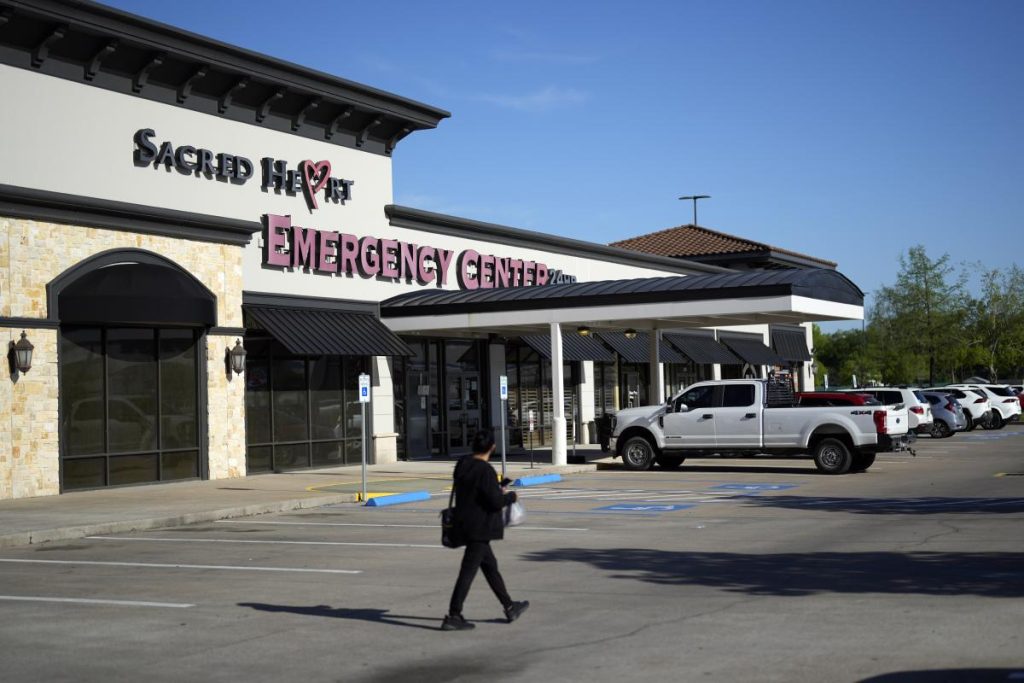Complaints of pregnant women being turned away from U.S. emergency rooms have increased following the overturning of Roe v. Wade, according to federal documents obtained by The Associated Press. Despite federal mandates requiring emergency rooms to treat or stabilize pregnant patients in active labor, cases where women were denied care have been reported, raising alarms about the state of emergency pregnancy care in the U.S. The Supreme Court is considering arguments that could weaken protections for pregnant patients in medical emergencies, prompting the Biden administration to sue Idaho over its abortion ban, which conflicts with federal law.
In states with strict abortion laws, pregnant patients have become stigmatized in emergency departments, with some being refused care altogether, as seen in cases where women miscarried in hospital restrooms and gave birth in a car after not receiving proper care. Some hospitals have been found to violate federal law by refusing to provide treatment to pregnant patients in medical emergencies, despite federal guidelines that require them to do so. Violations of these laws can result in penalties, including hefty fines and loss of Medicare funding for hospitals.
The investigation into incidents where pregnant women were turned away from emergency rooms revealed troubling instances of women experiencing miscarriages and other pregnancy-related complications without receiving the necessary care. Hospitals that failed to properly treat pregnant patients in medical emergencies could face penalties, although it can take years for fines to be imposed. The threat of penalties is meant to discourage hospitals from violating federal regulations and ensure that pregnant patients receive the care they need.
Efforts to enforce the Emergency Medical Treatment and Labor Act (EMTALA) have been a priority for President Joe Biden and Health Secretary Xavier Becerra, who have reaffirmed the importance of the law in ensuring Americans’ right to emergency medical care. Despite challenges from states with strict abortion laws, the White House maintains that hospitals receiving Medicare funding must provide stabilizing care, including abortions, in medical emergencies. The Supreme Court is set to hear a case with potential implications for EMTALA and access to emergency medical care for pregnant patients.
If the Supreme Court weakens or nullifies EMTALA protections, it could lead to more hospitals turning away pregnant patients without fear of federal penalties, according to advocates. EMTALA was initially enacted to prevent hospitals from refusing care to patients based on financial or personal reasons and to ensure that all patients, including pregnant women, receive treatment in medical emergencies. Nevertheless, the Biden administration continues to advocate for the enforcement of laws protecting pregnant patients’ access to emergency medical care, regardless of state abortion laws.


